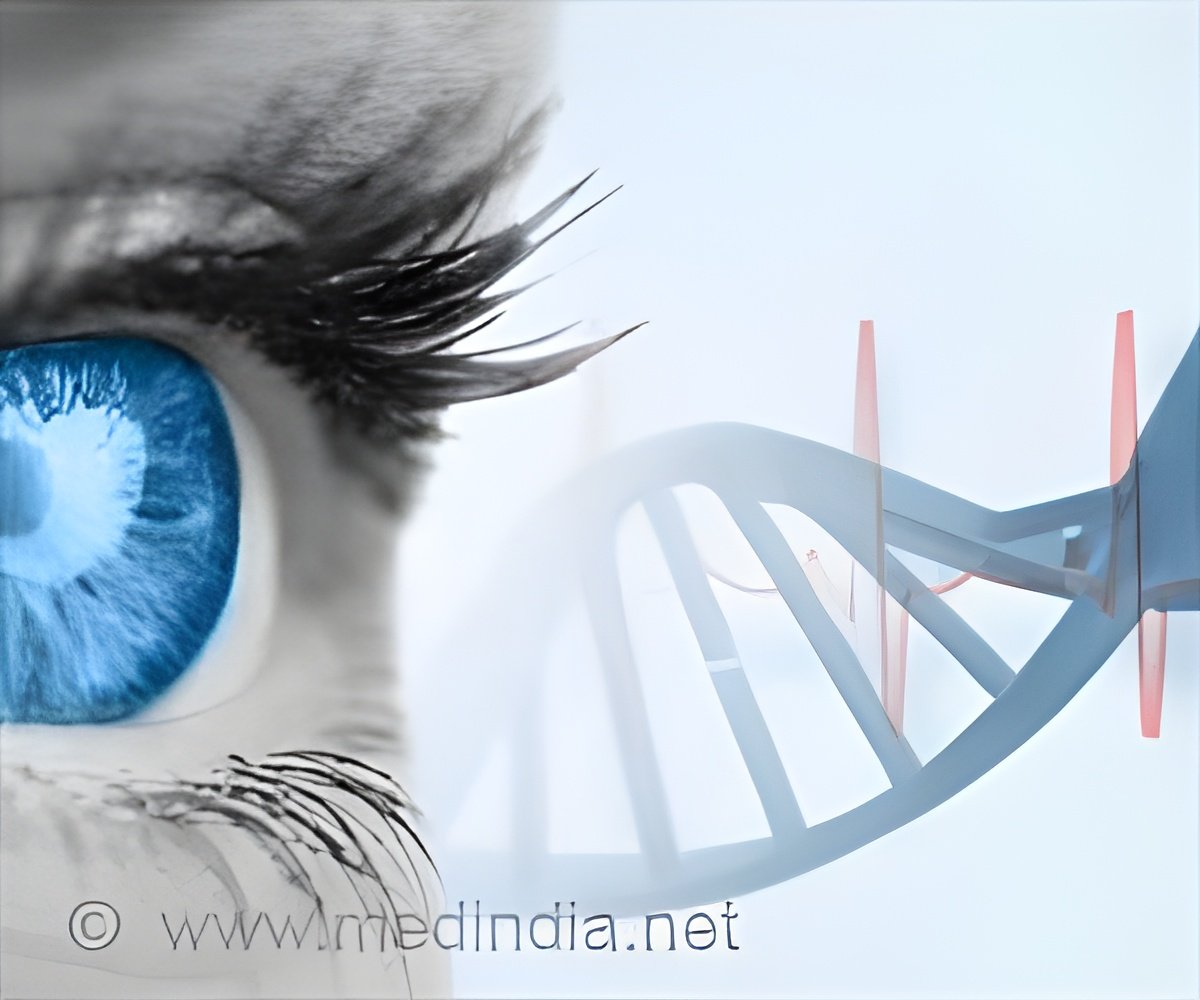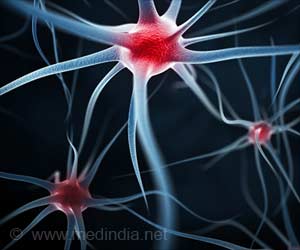Delivering working copies of the gene GUCY2D found to improve vision in patients with severe vision impairments from childhood.

‘GUCY2D gene therapy could hold promise in treating patients who are blind from birth, with no serious side effects.’
Read More..




"We found sustained improvements in both day and night vision, even with a relatively low dose of the gene therapy," said study lead author Samuel G. Jacobson, MD, PhD, a professor of Ophthalmology in the Perelman School of Medicine.Read More..
GUCY2D encode an enzyme in the key pathway. Due to lack of this enzyme, the recovery of this pathway may be blocked, preventing the reset needed for further signaling. As a result, the signal from rod and cone cells becomes very weak.
Light-sensing retinal cells remain alive and intact despite their dysfunction. So, adding functional copies of GUCY2D via a gene therapy could get those cells working again and restore some vision.
In 2019, Jacobson and co-investigator Artur V. Cideciyan, PhD, a research professor of Ophthalmology in the Perelman School of Medicine, began the first clinical trial of a GUCY2D gene therapy, a solution of a harmless virus that carries the gene and is injected beneath the retina -- initially in just one eye per patient.
Researchers are following each patient for two years after treatment.
Advertisement
The second patient had a smaller but sustained increase in light-sensitivity in rod cells, starting about two months after the gene therapy.
Advertisement
"These initial results from the first-ever trial of a GUCY2D gene therapy are very encouraging and will inform our ongoing and future trials of this therapy," said Cideciyan. There were no serious adverse side effects, and any side effects that occurred in the patients' retinas resolved.
Researchers hope to see continued safety and greater efficacy in later-enrolled patients who will receive higher doses.
Source-Medindia












